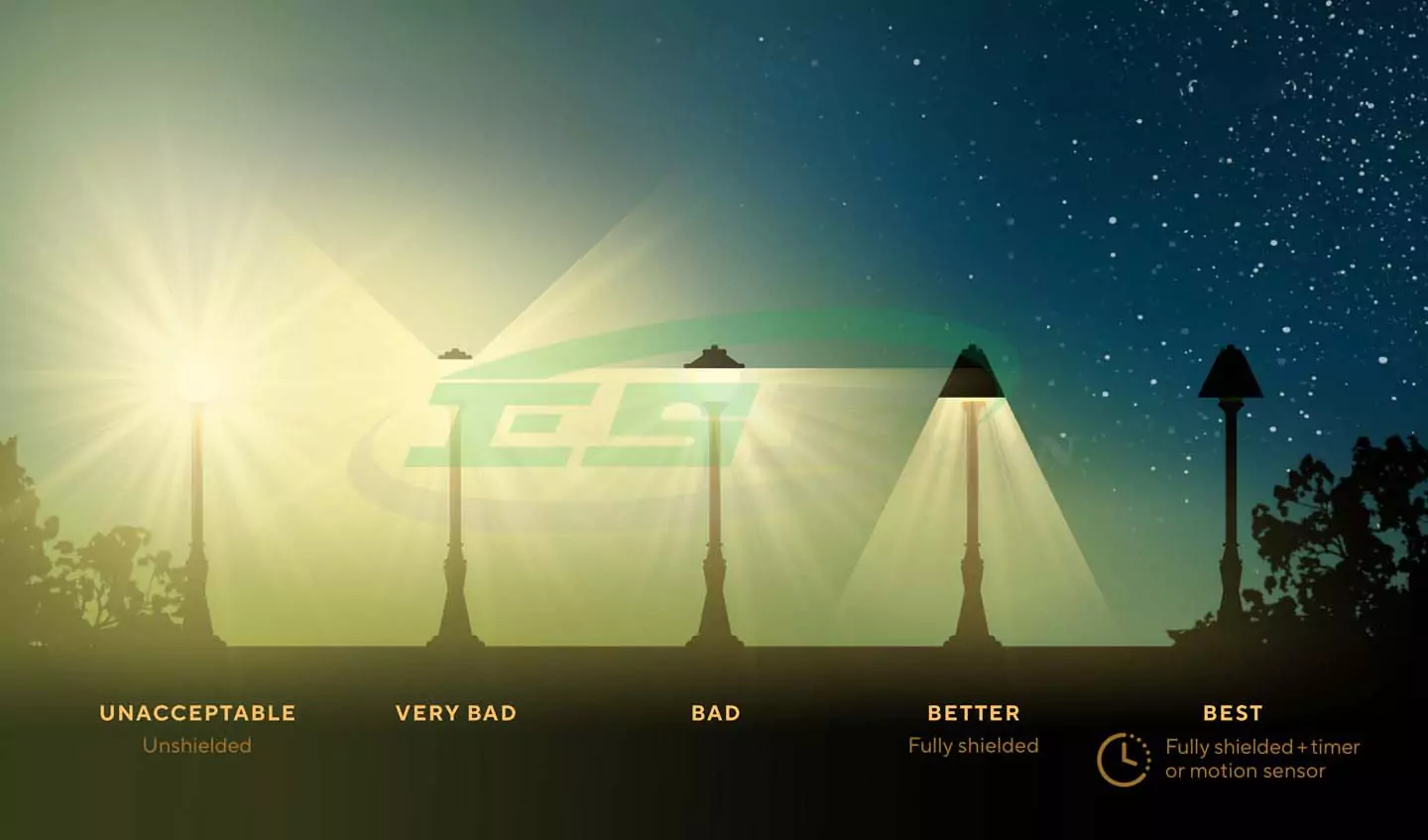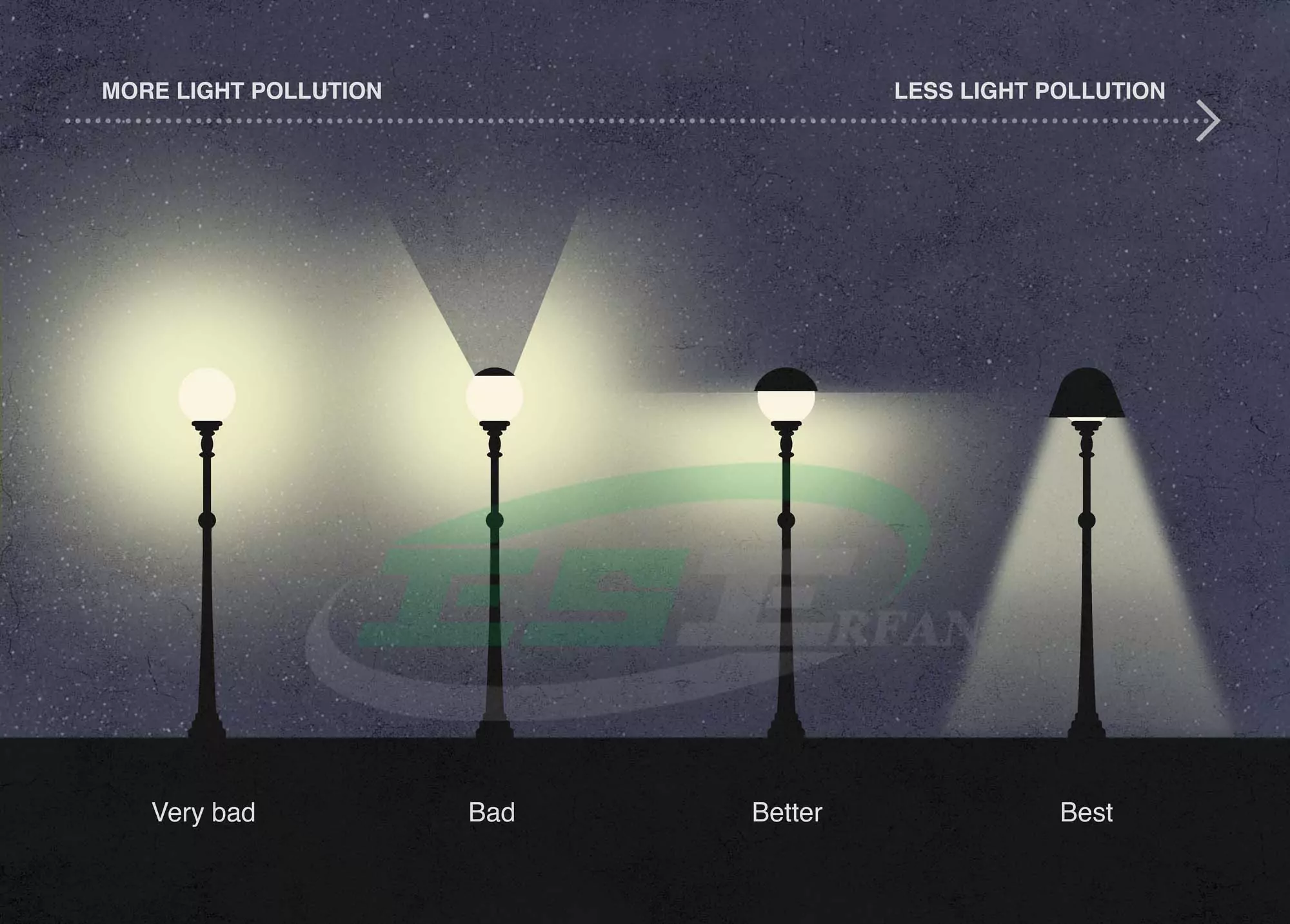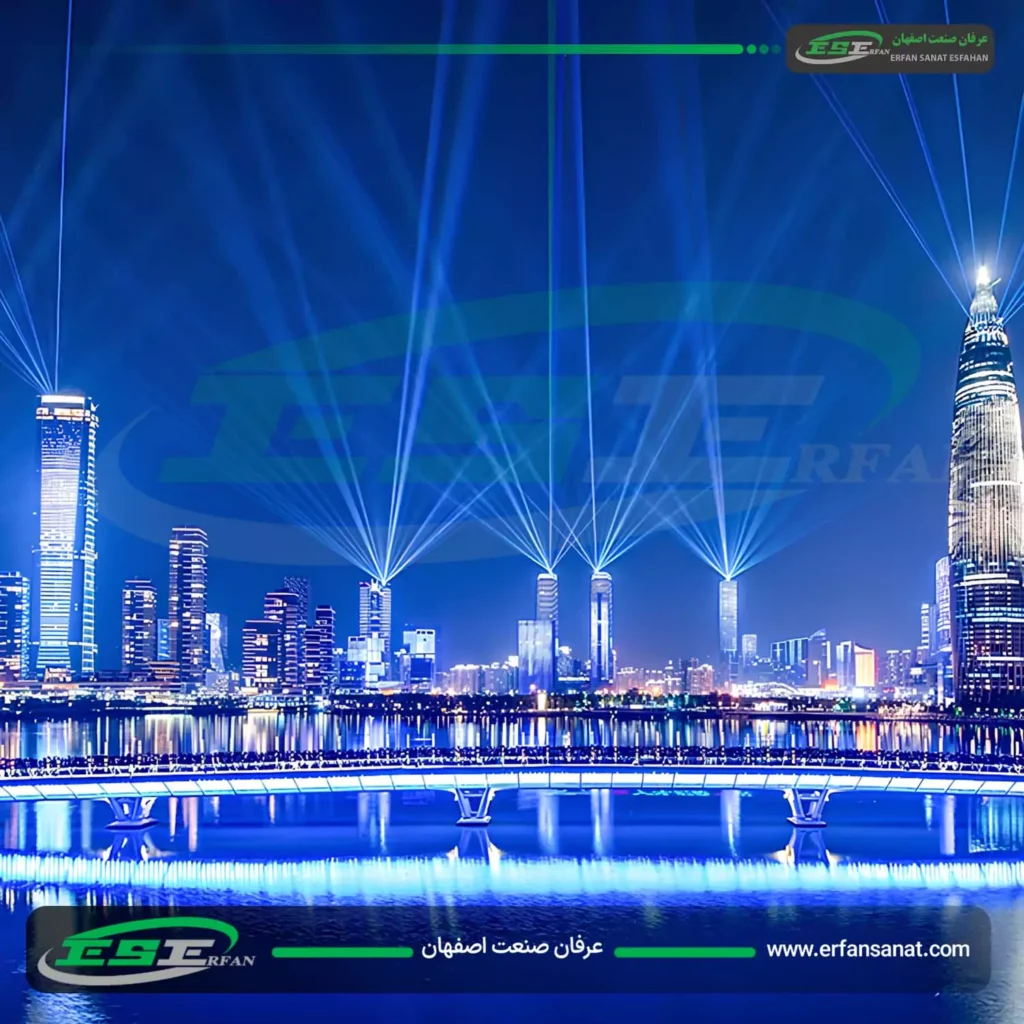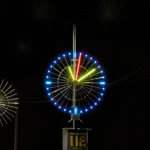Light pollution refers to artificial lights that are emitted at inappropriate times or places and exceed their desired standards. These lights, with their low quality, can severely annoy and pollute the environment and the night sky. Light pollution not only has negative effects on aesthetics and nocturnal nature but can also disrupt the natural rhythm of life and have undesirable effects on human health. Research has shown that exposure to unnecessary artificial light, especially at night, may cause behavioral changes, sleep disorders, and physiological problems such as anxiety and stress. Furthermore, this type of lighting can create hormonal disorders and even negatively affect eye health and the body’s immune system. Consequently, reducing light pollution and using correct and appropriate lighting can help improve the quality of life and public health. 
Light Pollution and its Consequences

To reduce and control light pollution, one must:
- The amount of light emission should be reduced as much as possible.
- No type of public lighting should shine into homes.
- Glare should be avoided.
- The night sky should be visible in its natural form.







